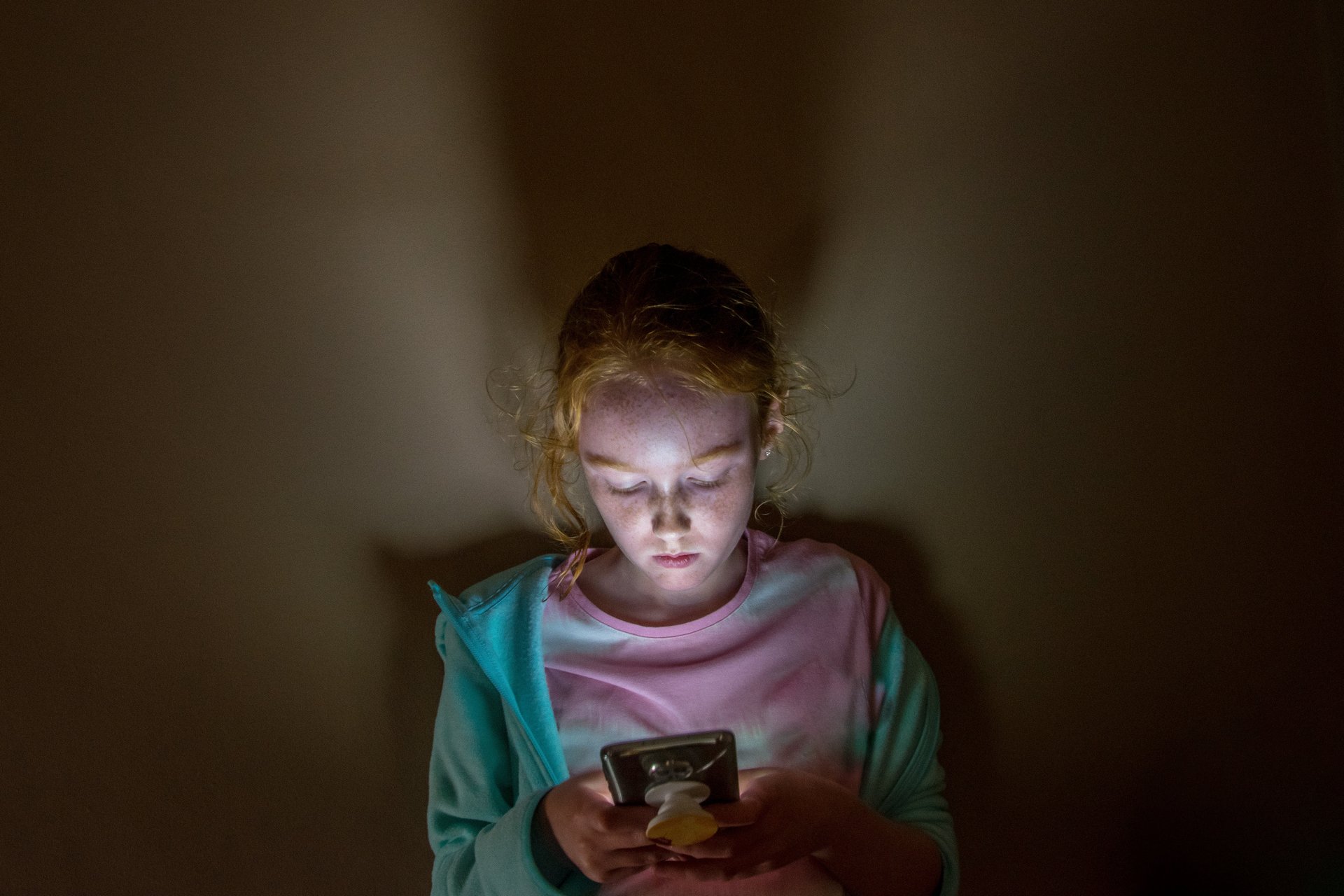Big tech is ready to fight 'bulletproof' bill meant to protect kids online
As the Senate readies for a final vote, pro-speech and tech trade associations are prepared for a court battle

The U.S. Senate is widely expected to pass legislation that is designed to protect children from dangerous content online and hold technology giants accountable for any harm caused on their platforms.
Suggested Reading
The two bills are the Children and Teens’ Online Privacy Protection Act and the Kids Online Safety Act, or COPPA 2.0 and KOSA, respectively. The Senate voted 86-1 last Thursday to advance the bills forward to a final vote Tuesday.
Related Content
KOSA would require tech companies to design online platforms in ways that would mitigate or prevent harming users, including cyberbullying, sexual exploitation, and drug use. The bill would also require platforms to limit the ability of adult users to speak with minors and offer parental tools that allow guardians to manage their privacy.
The other bill, COPPA 2.0, would ban targeted advertising to minors and the collection of data without their consent. It would also give parents and children the option to delete their information from social media platforms.
“By passing the Kids Online Safety Act, we’ll help ensure young people are given the tools & safeguards to take back their online lives,” Sen. Richard Blumenthal, a Connecticut Democrat who introduced KOSA, said ahead of the vote. Blumenthal first introduced a version of the bill three years ago, alongside Republican Sen. Marsha Blackburn.
It’s unclear whether the bills’ companions would make it through the House of Representatives, which is controlled by the Republican party and has recessed until September. Those proposals are largely the same as the Senate’s, albeit with some distinctions. Speaker Mike Johnson, a Republican representing Louisiana, has said he will try to find a consensus on the bill, The Associated Press reported.
If passed, the legislation will be the first laws Congress has passed to protect children online since 1998, well before Facebook was founded and the iPhone was created.
Challenges incoming
Although Blumenthal has said KOSA is “constitutionally bulletproof,” it’s expected to face a series of challenges should it make it through Congress.
Chris Marchese, the director of the litigation at the tech industry trade association NetChoice, has said that tech industry groups, nonpartisan groups, and free-speech advocates will challenge the bills in the courts, according to RollCall. A letter addressed to the Senate opposing KOSA was signed by a number of prominent groups, including the Electronic Frontier Foundation (EFF) Chamber of Progress and the American Civil Liberties Union.
NetChoice — which represents 37 tech organizations — claims that KOSA is likely unconstitutional, pointing to four prior court decisions that have supported its efforts to strike down similar state laws. Its members include most major social media companies, such as Elon Musk’s X, Snap, and Pinterest — each of which has endorsed KOSA — as well as Mark Zuckerberg’s Meta, which owns Facebook and Instagram. Other major members include Google, Amazon, Netflix, and PayPal.
“KOSA fails to meet basic constitutional principles and fails parents because it won’t make a single child safer online or address their concerns,” Carl Szabo, NetChoice’s vice president and general counsel, said in a statement last week. Szabo added that provisions requiring guardians to give platforms their kids’ personal information is “both dangerous and a violation of their rights.”
Another point of contention from critics is that dangerous content could apply to a vast number of things, depending on the viewpoint of the individual. The EFF has warned that KOSA would provide too much power to state attorneys general to enforce its provisions.
The Chamber of Progress and several pro-LGBTQ groups sent the Senate a letter in May raising concerns that KOSA may be used to target members of the LGBTQ community and their content. They point to comments from one of KOSA’s first sponsors, Republican Sen. Marsha Blackburn of Tennessee, who once said the bill would “protect minor children from the transgender in this culture and that influence.”
